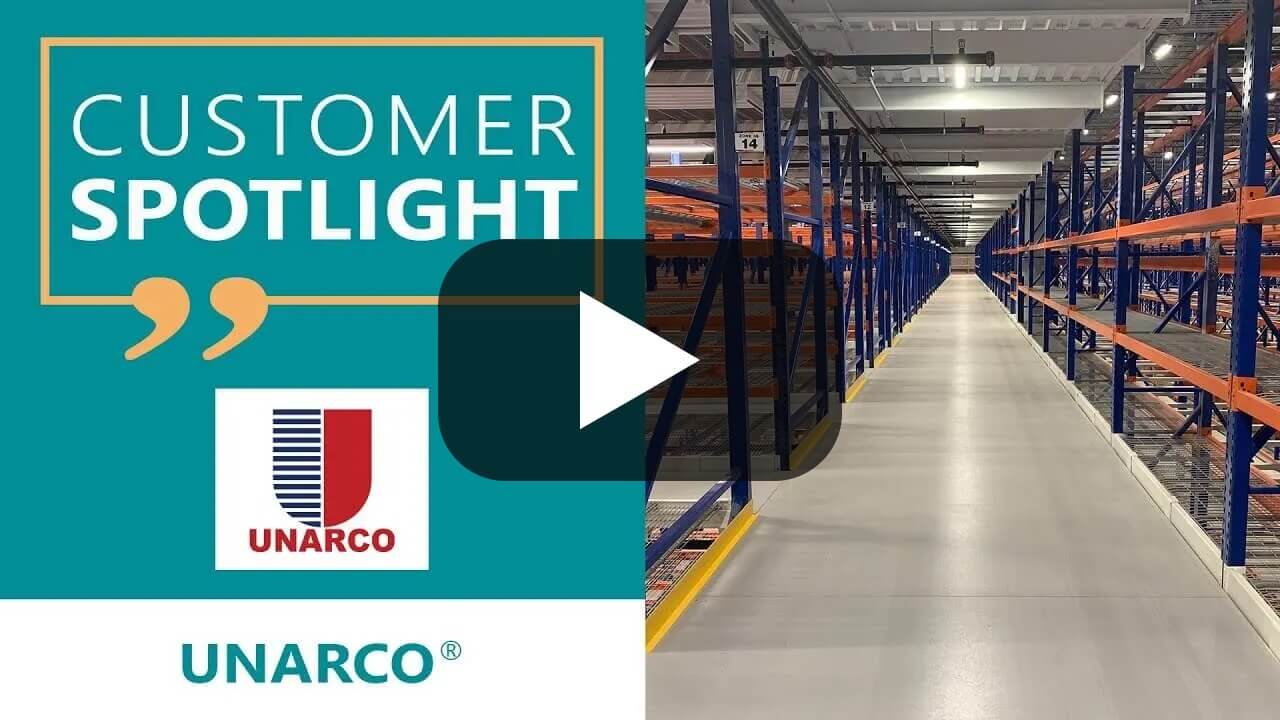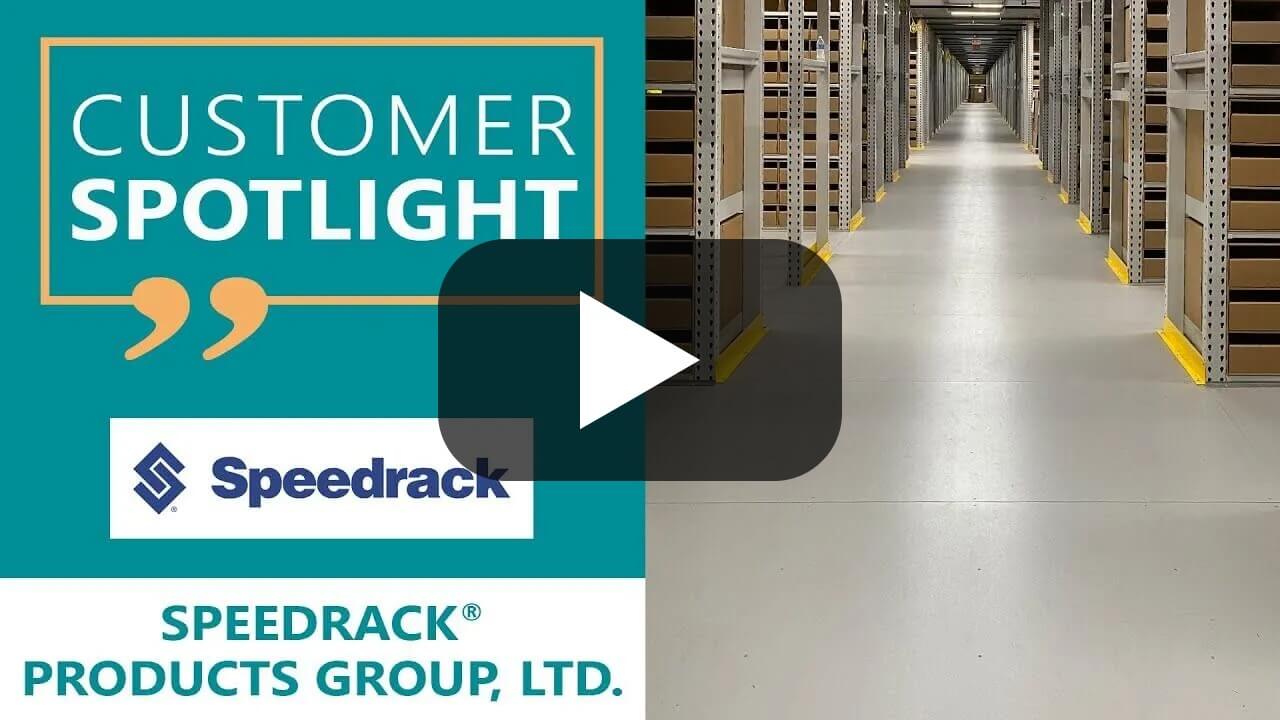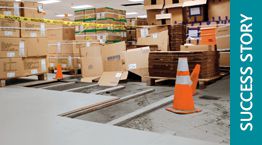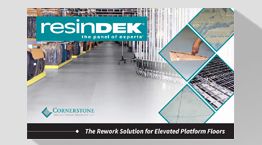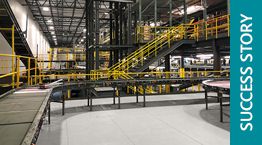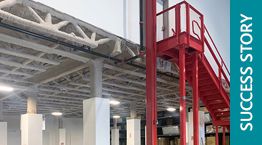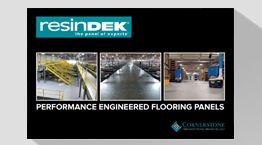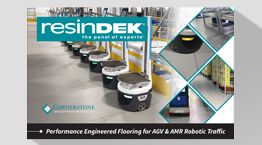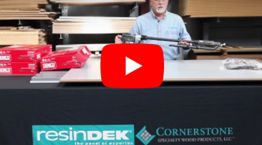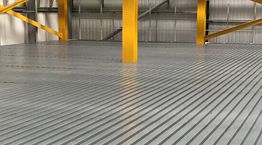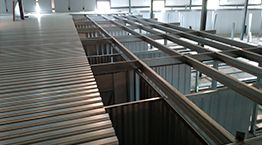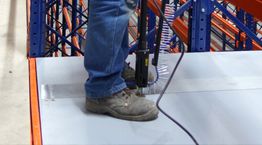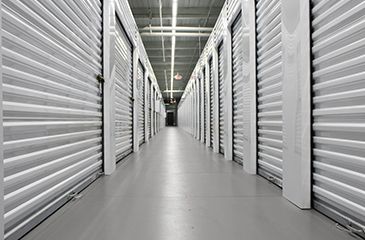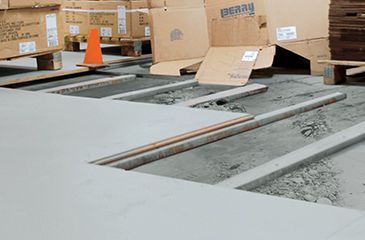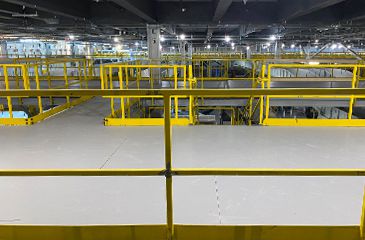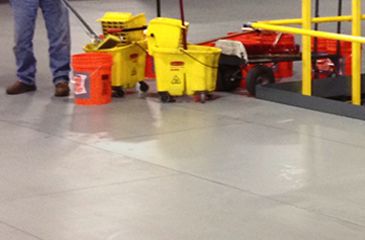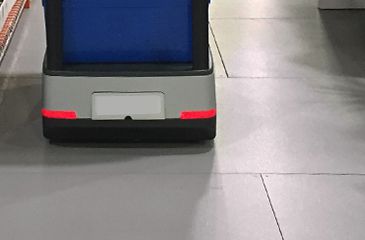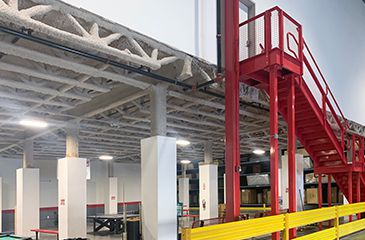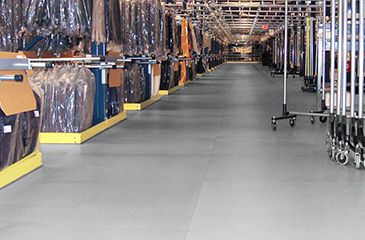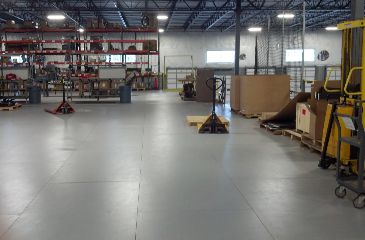
Electrostatic Dissipative Flooring vs. Anti-Static Flooring: Which Flooring is Right for Your Facility?
JUL 26 2020 | MATERIAL HANDLING
The risk of unwanted static discharge can range from a person experiencing an uncomfortable static shock - to the damage of expensive equipment - to a spark that could cause an explosion in a flammable environment. Anti-static flooring and ESD flooring both prevent a person from building up a charge as they walk across the floor, so they do not get shocked when they touch something that conducts electricity.
On the surface, anti-static sounds like the right choice. Anti-static means no static, right? Not quite. Read on to learn the key differences between anti-static flooring and electrostatic dissipative (ESD) flooring.
What is Anti-Static Flooring?
Anti-static flooring conveys its purpose in its name. This type of flooring does not create static. It does not mean the floor will eliminate static buildup or dissipate static that may have already been built up. It simply prevents the creation of new static from the friction between an object or person moving across the surface. Anti-static flooring typically keeps the voltage buildup under 3000 volts, the amount required for someone to feel a shock, although some people may feel static at 2000 volts.
What is Electrostatic Dissipative (ESD) Flooring?
ESD flooring (also known as conductive flooring) greatly reduces the elimination of static buildup and dissipates triboelectric charges. In fact, ESD flooring provides controlled dissipation and grounding of triboelectric charges with direct pathways of statically generated charges. The intentional flow of electrical current and discharge helps to immensely eliminate the potential of accidental electrostatic discharge, which can damage sensitive equipment. ESD limits the discharge to under 50 volts.
Do I need ESD Flooring and Anti-Static Flooring?
If you work in an industry where electrostatic buildup could be detrimental and lead to damage of products, such as electrically sensitive devices or equipment that is susceptible to damage such as robots, then ESD flooring is nonnegotiable. The protection it provides is invaluable. The same is true for employers that want to protect their employees from static shock. In industries where static is more of an inconvenience and employees spend little time on the floor then anti-static flooring is often sufficient.
Fortunately, ResinDek flooring panels are available with ESD protection. ResinDek Gray Diamond Seal® ESD coating is a fully compliant, certified ESD floor. It is often used in distribution centers that store clothing or use large amounts of electronics and automation. For industries that use Autonomous Mobile Robots (AMR) or Automated Guided Vehicles (AGV) we recommend ResinDek flooring panels with our TriGard ESD coating. ResinDek with TriGard ESD is engineered specifically to endure the consistent, repeated travel patterns associated with AMRs and the defined travel paths of AGVs. The TriGard ESD coating has a 5x wear resistance over our commonly used Gray Diamond Seal coating and is designed to withstand 10 years of high-frequency, repeat traffic. The TriGard ESD finish comes standard with ESD.
For facilities that do not require a fully compliant ESD floor but want to limit static buildup, then ResinDek with Gray Diamond Seal is your flooring solution. ResinDek with Gray Diamond Seal has an anti-static solution applied to the panel during the coating process.
Have other questions about static prevention or ResinDek flooring contact one of our experts today.
ADDITIONAL BLOG POSTS
MAY
1
2025
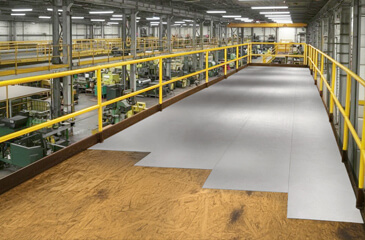
MATERIAL HANDLING, ROBOTICS
Upgrade Your Mezzanine Flooring While Avoiding Timely and Costly Replacement
DEC
5
2023
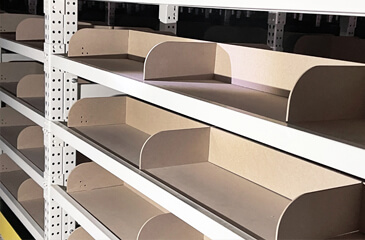
MATERIAL HANDLING, SHELVING
Comparing Shelving Systems for Industrial Pallet Racks: How to Pick the Best Solution
APR
25
2023
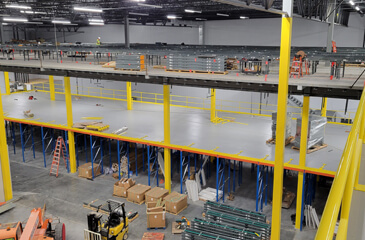
MATERIAL HANDLING, ROBOTICS, SELF-STORAGE
Warehouse Expansion: What To Consider When It's Time to Expand
AUG
23
2022

MATERIAL HANDLING, ROBOTICS, SELF-STORAGE
ResinDek Products Receive Renewed SCS Certification of Environmental Sustainability
JUL
7
2022
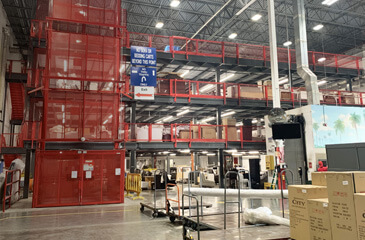
MATERIAL HANDLING, ROBOTICS, SELF-STORAGE
Key Flooring Considerations When Updating an Existing Industrial Mezzanine System
MAR
1
2022
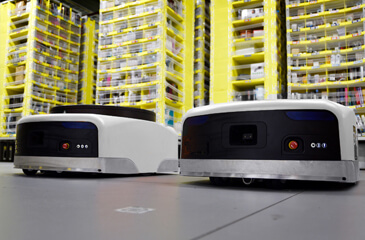
ROBOTICS AGVs AND AMRs
6 Ways Engineered Mezzanine Flooring Maximizes Implementation Success
SEP
14
2021
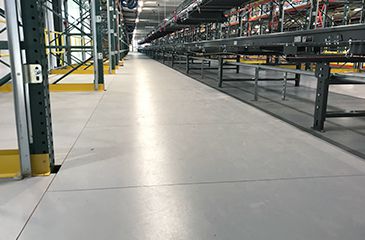
MATERIAL HANDLING, ROBOTICS, SELF-STORAGE
Three Reasons Why Your Industrial Mezzanine Floors Should Have IAPMO Validation
AUG
31
2021
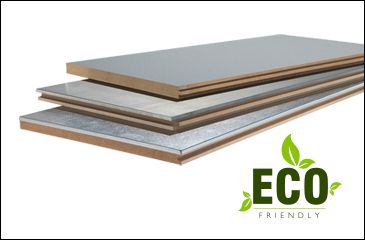
MATERIAL HANDLING, ROBOTICS, SELF-STORAGE
How Warehouse Mezzanine Flooring Earns Credits for LEED® Certification
JUN
29
2021
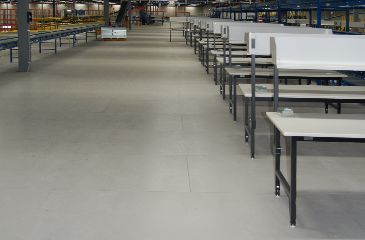
MATERIAL HANDLING, ROBOTICS, SELF-STORAGE
Mezzanine Floors: Strong, Sustainable, Speedy, Safe, Spacious
JAN
24
2021
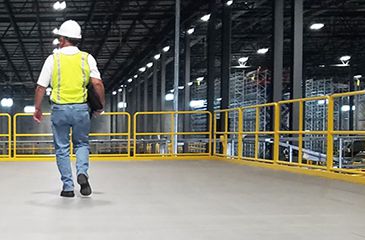
MATERIAL HANDLING, ROBOTICS, SELF-STORAGE
Study Finds ResinDek® Flooring 34% More Cost Effective Than Concrete
MAY
31
2019
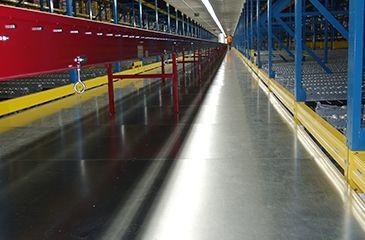
MATERIAL HANDLING, ROBOTICS, SELF-STORAGE
New ResinDek with MetaGard® Finish: Our Strongest Surface Option Yet
MAY
21
2018
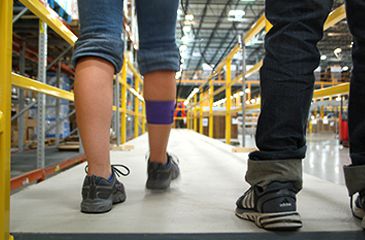
MATERIAL HANDLING, ROBOTICS, SELF-STORAGE
The Ergonomic Dangers of Concrete Flooring (And How ResinDek® Floors Can Help)


